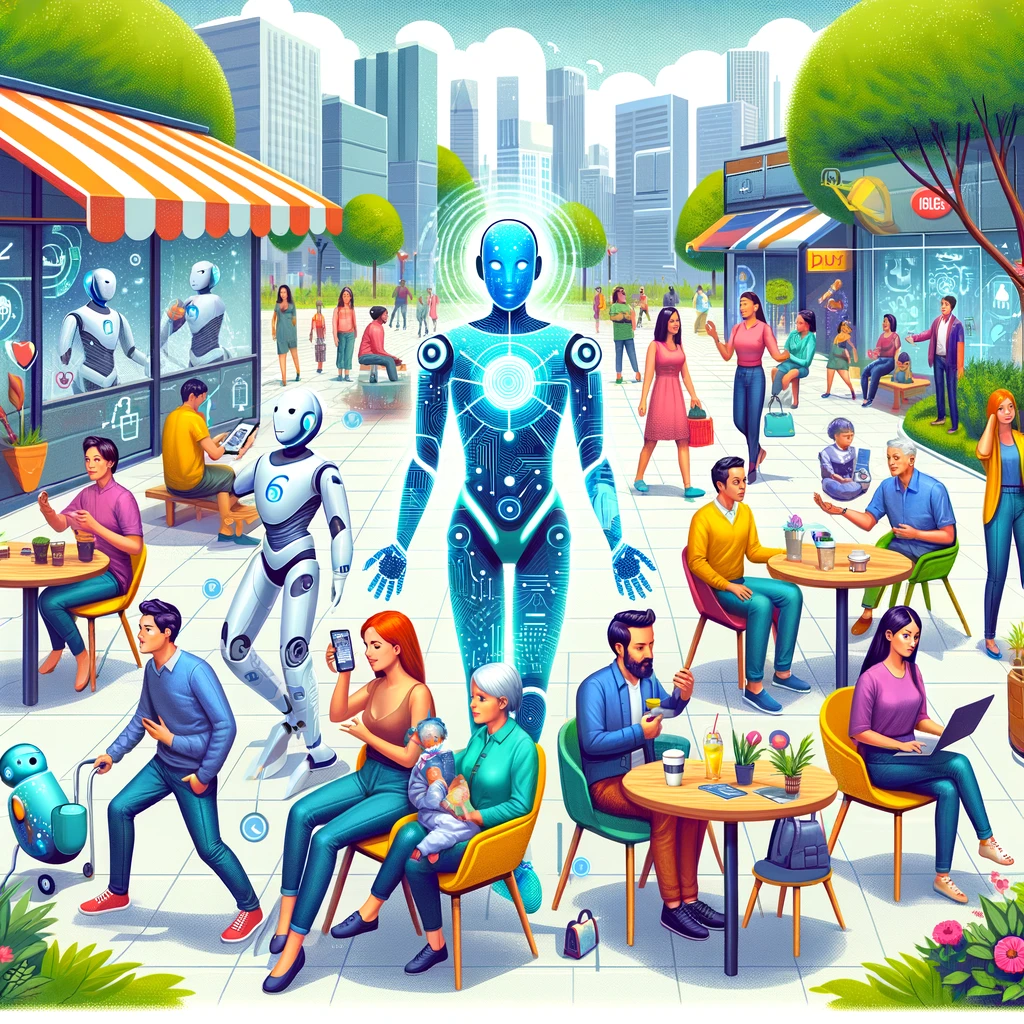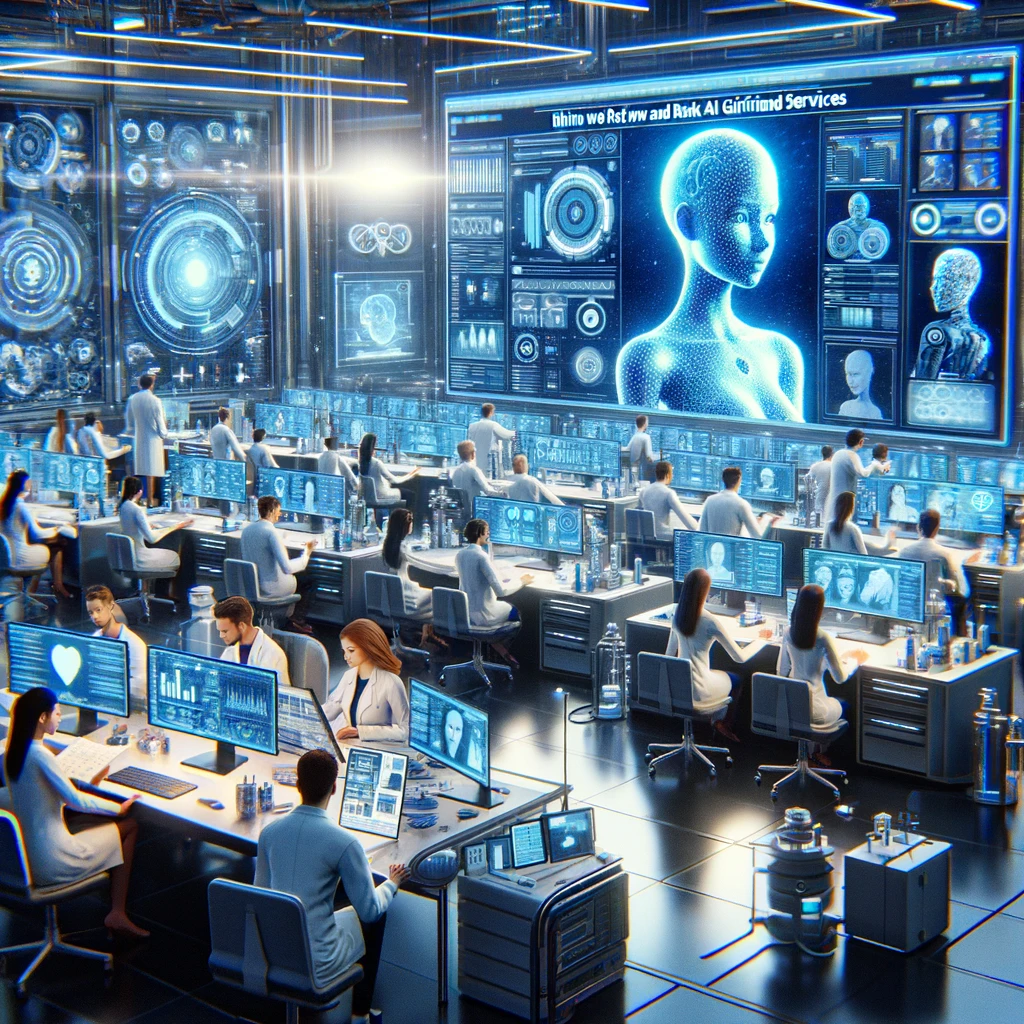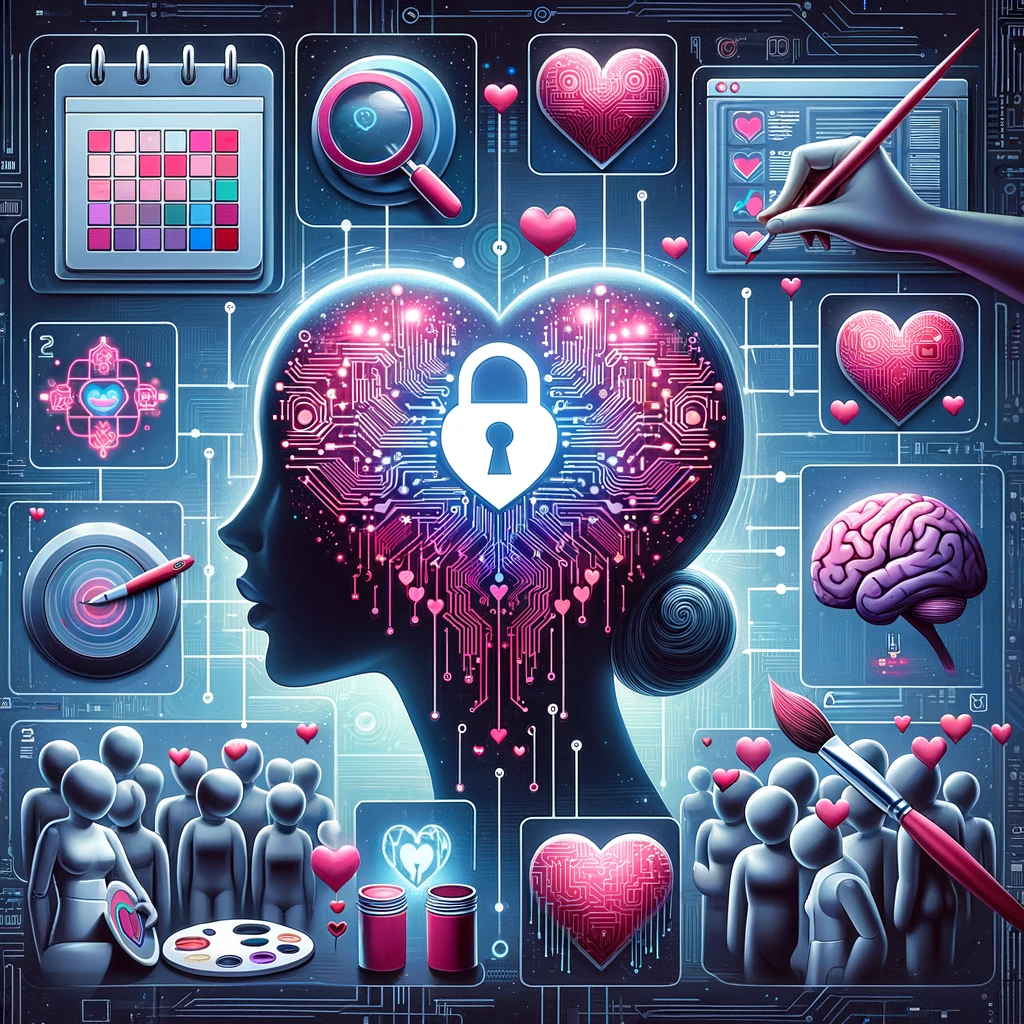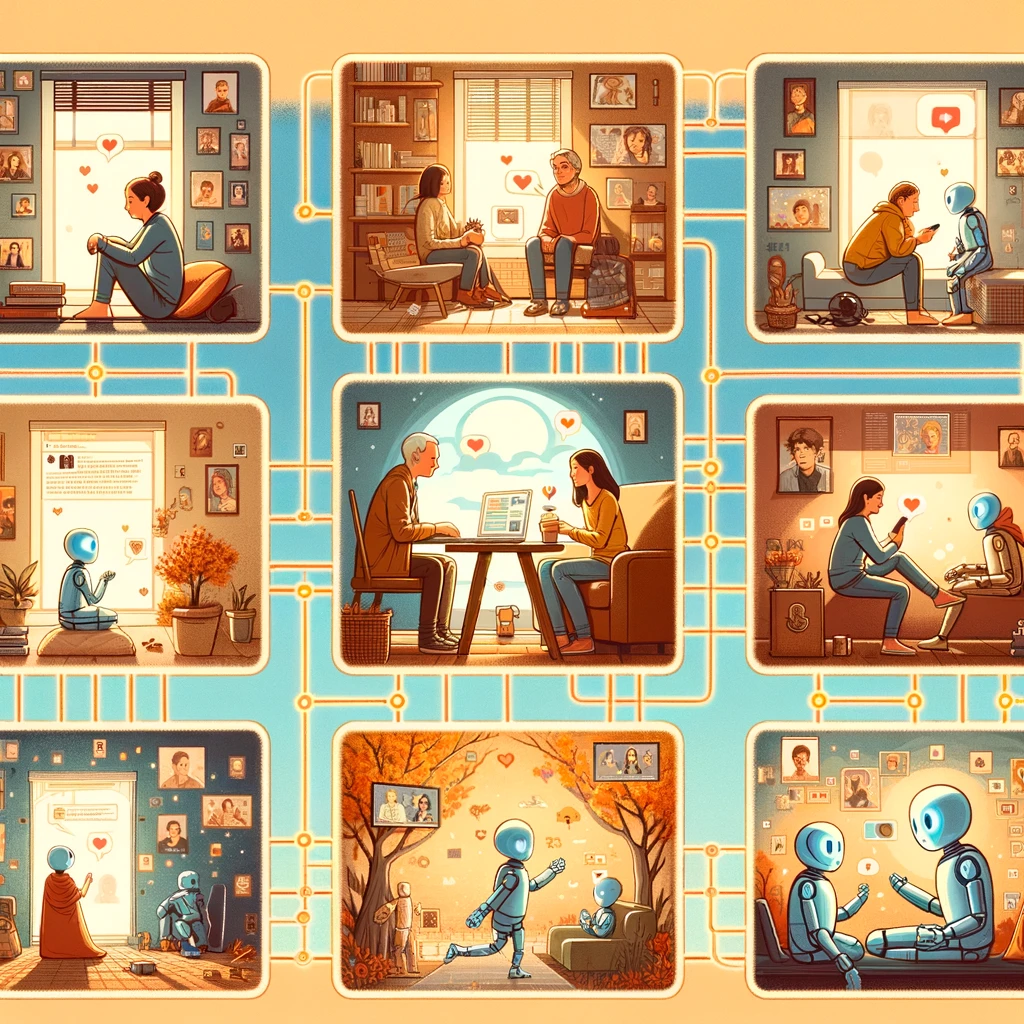The Future of Companionship: How AI is Changing the Way We Connect
In the ever-evolving landscape of technology, artificial intelligence (AI) stands as a beacon of innovation, profoundly altering numerous facets of human life. Among its most intriguing advancements is the development of AI companionship - a concept that, not too long ago, seemed relegated to the realms of science fiction. Today, AI girlfriends and companions are not only a reality but are becoming increasingly sophisticated, offering complex, interactive experiences that promise to redefine the essence of connection. This article delves into the evolution of digital companionship and examines the pivotal role AI plays in shaping modern relationships.
The Dawn of Digital Companionship
Digital companionship, in its earliest forms, began as rudimentary chatbots and virtual characters, offering basic interaction levels. These early iterations were primarily designed for entertainment, with little emphasis on fostering genuine emotional connections. However, as technology advanced, so did the capabilities of these digital entities. Today, AI companions are powered by complex algorithms and machine learning, enabling them to learn from interactions, adapt to their users' preferences, and exhibit a degree of emotional intelligence previously unimaginable.
AI Girlfriends and Emotional AI
The advent of AI girlfriends marked a significant milestone in the evolution of digital companionship. These AI entities are designed to simulate romantic or platonic relationships, providing companionship, conversation, and even emotional support to their users. Unlike their predecessors, AI girlfriends are equipped with Emotional AI (also known as affective computing), allowing them to recognize, interpret, and respond to human emotions. This capability not only makes the interaction feel more genuine but also opens the door to a new form of companionship that can adapt and grow over time.
The Role of AI Companions in Modern Society
AI companionship is finding its place in a society where loneliness and social isolation are increasingly prevalent issues. The modern lifestyle, characterized by busy schedules and often reduced physical social interaction, has left a void that digital companions are beginning to fill. AI girlfriends, in particular, offer a unique solution for those seeking companionship without the complexities of traditional relationships. They provide a space for interaction, learning, and even emotional growth, all within the safe confines of digital interaction.
Moreover, AI companions challenge our conventional understanding of relationships, pushing the boundaries of what it means to connect. They raise important questions about the nature of companionship and the potential for non-human entities to fulfill emotional needs. As these AI entities continue to evolve, they could redefine companionship's very essence, offering new avenues for connection and understanding.
The Ethical Considerations
As with any technological advancement, the rise of AI companionship brings with it a host of ethical considerations. Privacy concerns, the potential for emotional dependency, and the implications of forming relationships with non-human entities are among the critical issues that society must address. It is essential to navigate these challenges carefully, ensuring that the development and use of AI companions are guided by ethical principles that prioritize the well-being of users.
The Future of AI Companionship
Looking ahead, the future of AI companionship appears boundless. Advances in AI, machine learning, and robotics promise to create even more realistic and engaging companions. We may see AI entities that can more fully understand and emulate human emotions, leading to deeper and more meaningful interactions. Additionally, the integration of virtual reality (VR) and augmented reality (AR) technologies could revolutionize how we interact with AI companions, making the experience more immersive and lifelike.
Conclusion
The evolution of digital companionship, marked by the advent of AI girlfriends, signifies a profound shift in how we conceive of and engage in relationships. AI companions offer both an antidote to modern loneliness and a fascinating glimpse into the future of human interaction. As we stand on the cusp of this new era, it is clear that AI has the potential to not only change the way we connect but also to enrich our lives with newfound forms of companionship. The journey ahead is fraught with ethical challenges and societal implications, but it also holds the promise of unlocking new dimensions of human emotion and connection. In navigating this future, our guiding light should be a commitment to fostering technology that enhances our humanity, ensuring that as we venture into the realm of AI companionship, we do so with care, consideration, and a deep appreciation for the complex nature of human connection.







